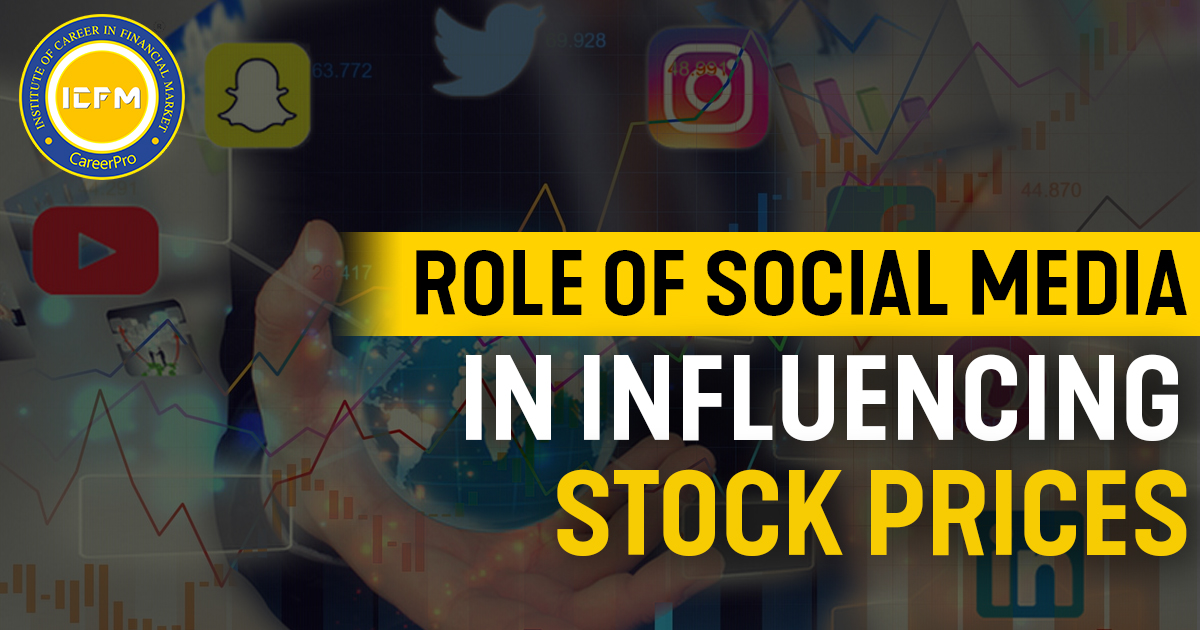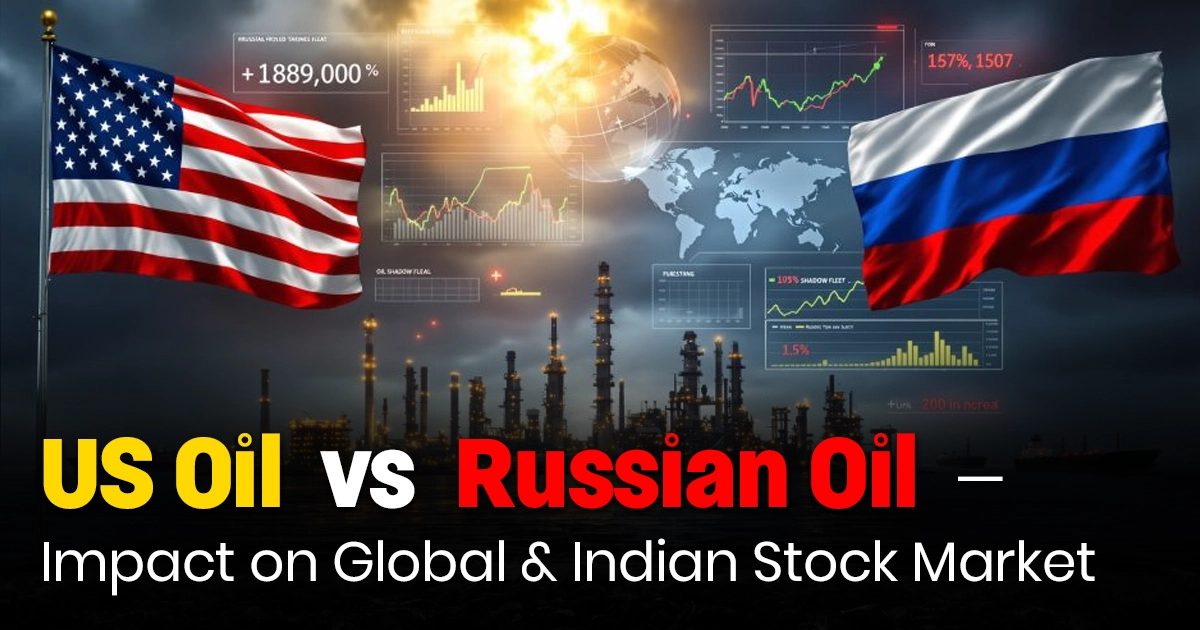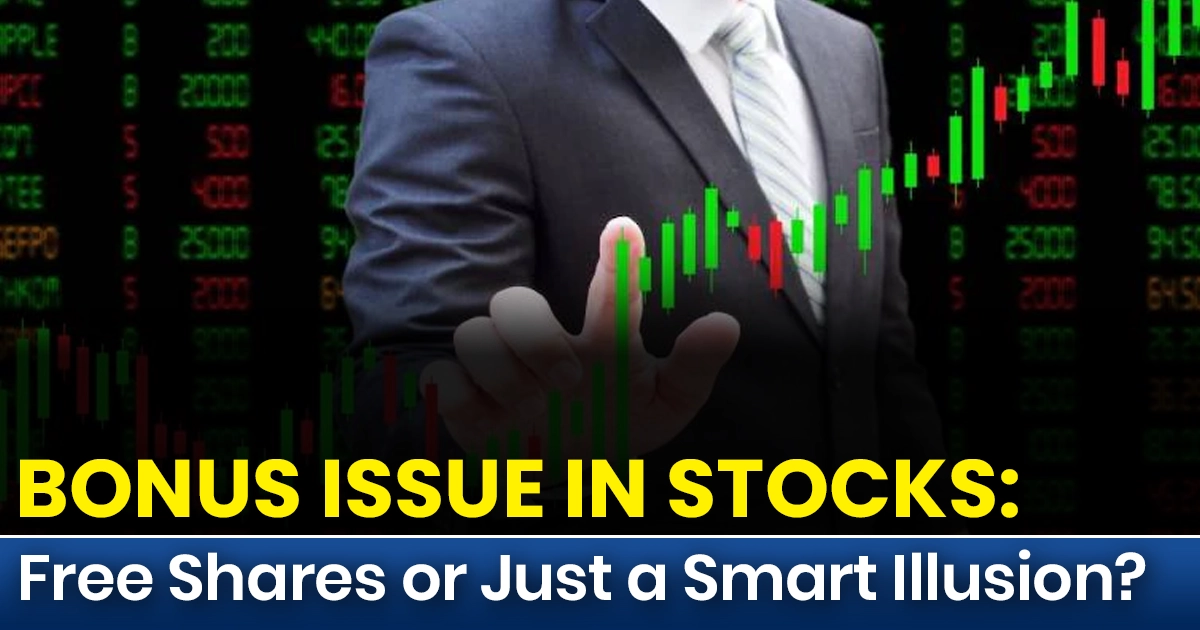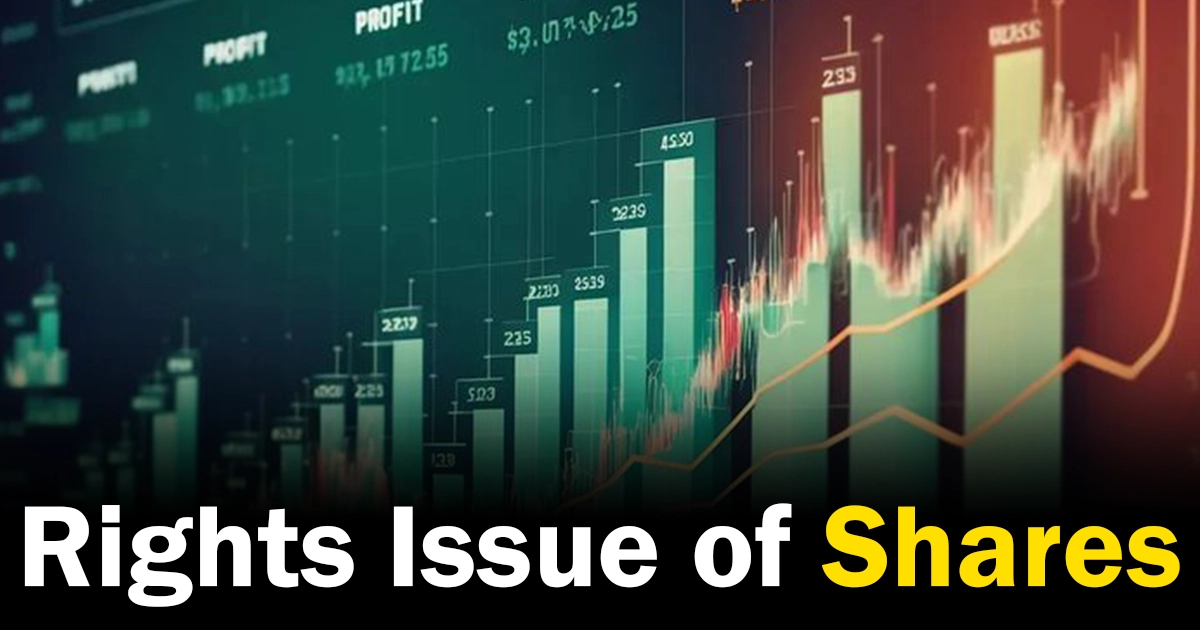Social media has been a
force capable of moving stock prices and shifting investor behavior over the
past few years. Through the forums like Twitter, Reddit, Facebook, and even
TikTok, it becomes easier for people and group entities to share information,
opinion, or strategies regarding stocks. The blog will speak about all the
varied aspects of how social media affects stock prices: namely, the power of
collective action, diffusion of disinformation, and consequences for the
individual investor and the market at large.
The Power of Collective Action
One of the most striking
examples of the effect of social media on stock prices is the GameStop saga of
early 2021. It was an event where the subreddit r/WallStreetBets would be at
the heart of what has been described as a large group of retail investors
teaming up to drive up GameStop's stock price, leading to huge losses for funds
that had shorted it. This phenomenon showed how social media could fuel
collective action against traditional market dynamics.
The velocity at which
information was shared across social media and the high number of people who
could be organized became the backbone of this movement. Participants in r/Wall
Street Bets shared recommendations, orchestrated buying strategies, and built a
sense of community based on a common goal. This grass-roots effort ultimately
had profound upward pressure on the GameStop stock price, formerly believed impossible
by many, and really Imageered what social media power could do to the market
outcome through collective action.
Spread of Information and Misinformation
Social media is an
excellent platform for spreading all kinds of information. News, rumors,
analysis on companies and stocks spread like wildfire, which in turn impacts
the sentiment of the investors and, thereby, the stock prices. For instance, a
single tweet from an influential personality or influencer could change prices
dramatically. Elon Musk's tweets about Tesla and various cryptocurrencies have
demonstrated this several times.
Additionally, the speed at
which social media facilitates the flow of information also means that
misinformation can spread at the same rate. Scams, falsified rumors, and
erroneous analyses have the potential to prompt misguided investment decisions
and cause extreme fluctuations within the stock market. The nature of most
accounts—being anonymous—in social media makes it hard for the credibility of
the person who shares the info to be cross-checked, making it very difficult to
know the truth or otherwise of information being passed by investors.
Influencers and Financial Advice
It has also seen the rise
of social media influencers in the space of finance that has added to the
impact of social media on stock prices. Influencers with large following ranges
sway the opinions and actions of their audience. Financial influencers, widely
known as "finfluencers," who shared stock tips, investment
strategies, and market analyses, often increase interest and trading activity
in the stocks they talk about.
Some have very useful
insights and education, while others might not even be experts in their field,
or worse, may have some serious conflicts of interest that may mislead their
followers. This kind of influence underlines the extent to which investors must
carefully consider sources of information and perform an analysis if they make
any investment decisions.
Market Sentiment Analysis
Social media sites hold
numerous Information helpful in knowing the pulse of market sentiment. All
manner of tools and algorithms have been developed to track the mentioning of
particular stocks, the sentiment of social media posts, and even wariness
around price movement based on social media activity. This principle, called
sentiment analysis, makes use of the large volume of data created within social
media to derive an understanding of investor behavior and trends in the
markets.
This sentiment analysis
can prove to be a great tool for institutional investors and traders alike to
make informed decisions. Social media chatters are scouted to trace the
emerging trends and get a suggestion about the pulse of the public for a
particular asset, to adjust their strategies accordingly. Once more, this
reflects how social media is increasingly influencing equity markets through
the incorporation of such data into trading algorithms and strategies.
Regulatory and ethical issues
It isn't lost on
regulators either. Events such as the GameStop surge brought an inflow of
debate concerning issues like market manipulation, the role of social media
platforms, and relevant regulation. Social media democratizes information and
provides a platform to retail investors but opens the question of possible
market abuse through harmful misinformation amplified across platforms.
It is in this regard that
regulators have to reconcile the protection of investors and fair markets with
the preservation of free speech and other values, such as collective action.
Guaranteeing transparency, accountability, and accuracy of information on
social media will require collaboration and a multi-stakeholder approach
involving regulators, social media sites, and the financial community.
Investor Implications
To the individual
investor, the effect of social media on stock prices is neither an opportunity
nor a risk in itself. On the one hand, it holds out easy access to vast
information, multiple viewpoints, and even a sense of community. On the other
hand, it gives rise to impulsive decision-making with incomplete or inaccurate
information.
Investors are skeptical of
social media; they credentialize sources of information and try to understand
why posts appear. He says diversifying information sources, doing independent
research, and gaining a long-term perspective help investors avoid falling prey
to the swings that happen in the market.
Social media has turned,
without any doubt, into a potential force in stock markets through prices
impacted by collective action, dissemination of information and misinformation,
the rise of financial influencers, and sentiment analysis. The democratization
of information has given everybody an equal say on matters concerning their
investments, but it also opens up several other challenges and risks. With this
continued evolution of social media, investors and regulators must evolve in
terms of its growing impact. Investors should remain knowledgeable and
critically evaluate the information so that it helps them navigate the complex
world of social media and its influence on the stock market.









